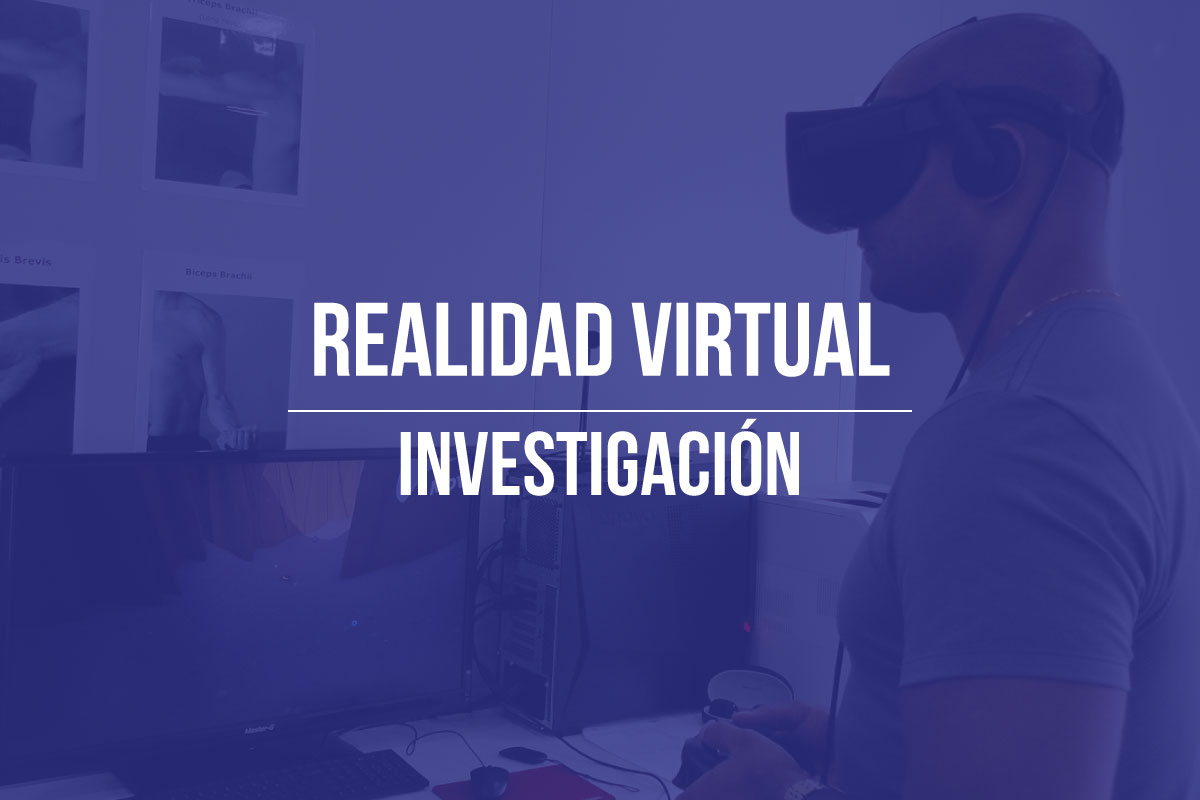Effectiveness of a Nintendo Wii balance board exercise programme on standing balance of children with cerebral palsy: A randomised clinical trial protocol
Abstract
Background: Patients with cerebral palsy (CP) typically receive limited physical therapy services. However, the Nintendo Wii system offers a simple and affordable mode of virtual reality therapy. There are no clinical trials assessing the Nintendo Wii balance board for improving standing balance in CP. Methods: This randomised clinical trial will evaluate the effectiveness of an 18-session/six-week protocol using Wii therapy (W-t) compared with conventional therapy (C-t) in Chilean CP patients. The C-t group will perform the typical exercises prescribed by physical therapists for 40 min each session. W-t will consist of a virtual reality training session using the Nintendo Wii balance board console for 30 min each session. The primary outcome variable is the area of centre-of-pressure (CoP) sway (CoPSway). The secondary outcomes are the standard deviation (SDML; SDAP) and velocity (VML; VAP) of CoP in the ML and AP directions. For a mean difference of 21.5 cm2 (CoPSway) between the groups, we required a minimum of 16 participants in each group. Data will be collected at baseline (week 0), during the study (weeks 2 and 4), at the end of the study (week 6), and during the follow-up (weeks 8 and 10). Measurements of postural control during quiet standing for both groups will be assessed on a force platform AMTI OR67. Discussion: This is the first trial that measures and compares the effects of a Nintendo Wii Balance Board exercise programme on standing balance in children with cerebral palsy compared to conventional therapy.
Autores
Valeska Gatica-Rojas, Ricardo Cartes-Velásquez, Eduardo Guzmán-Muñoz, Guillermo Méndez-Rebolledo, Alex Soto-Poblete, Ana Carolina Pacheco-Espinoza, Carlos Amigo-Mendoza, M. Eliana Albornoz-Verdugo, Edith Elgueta-Cancino



